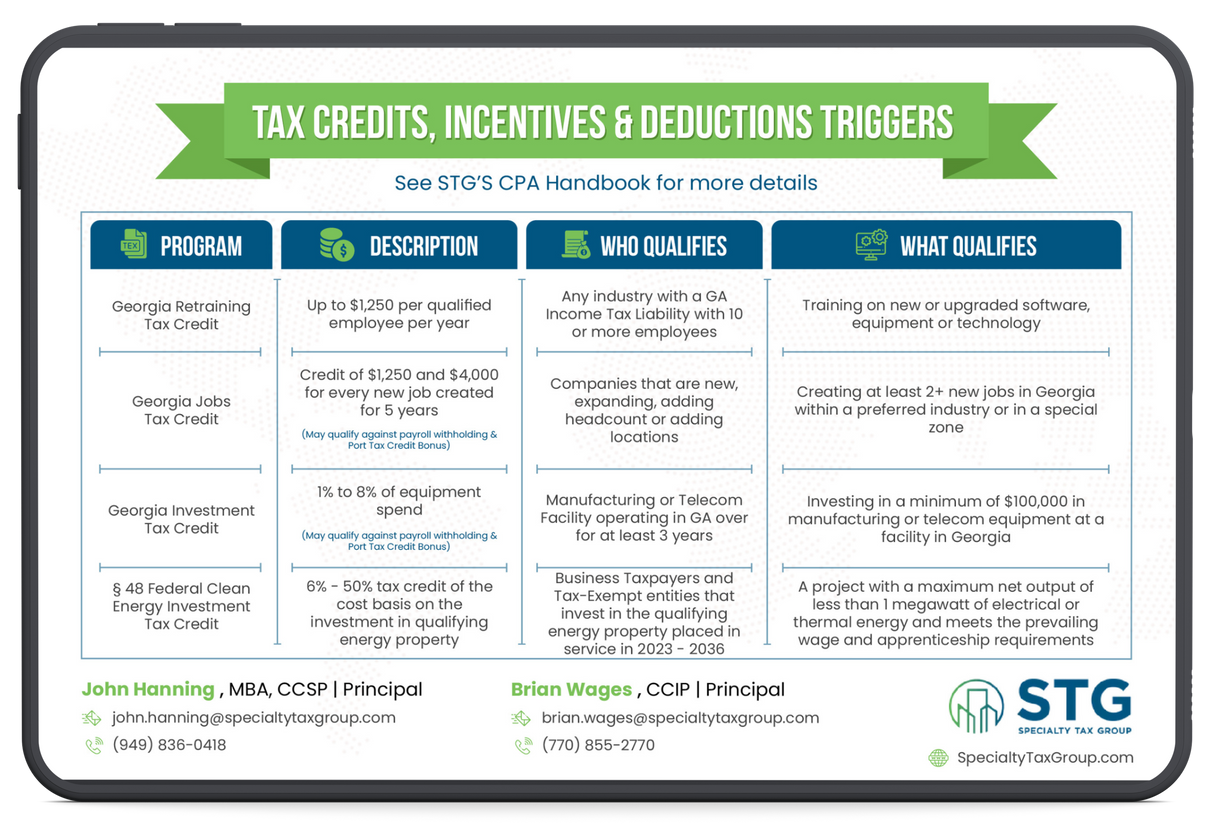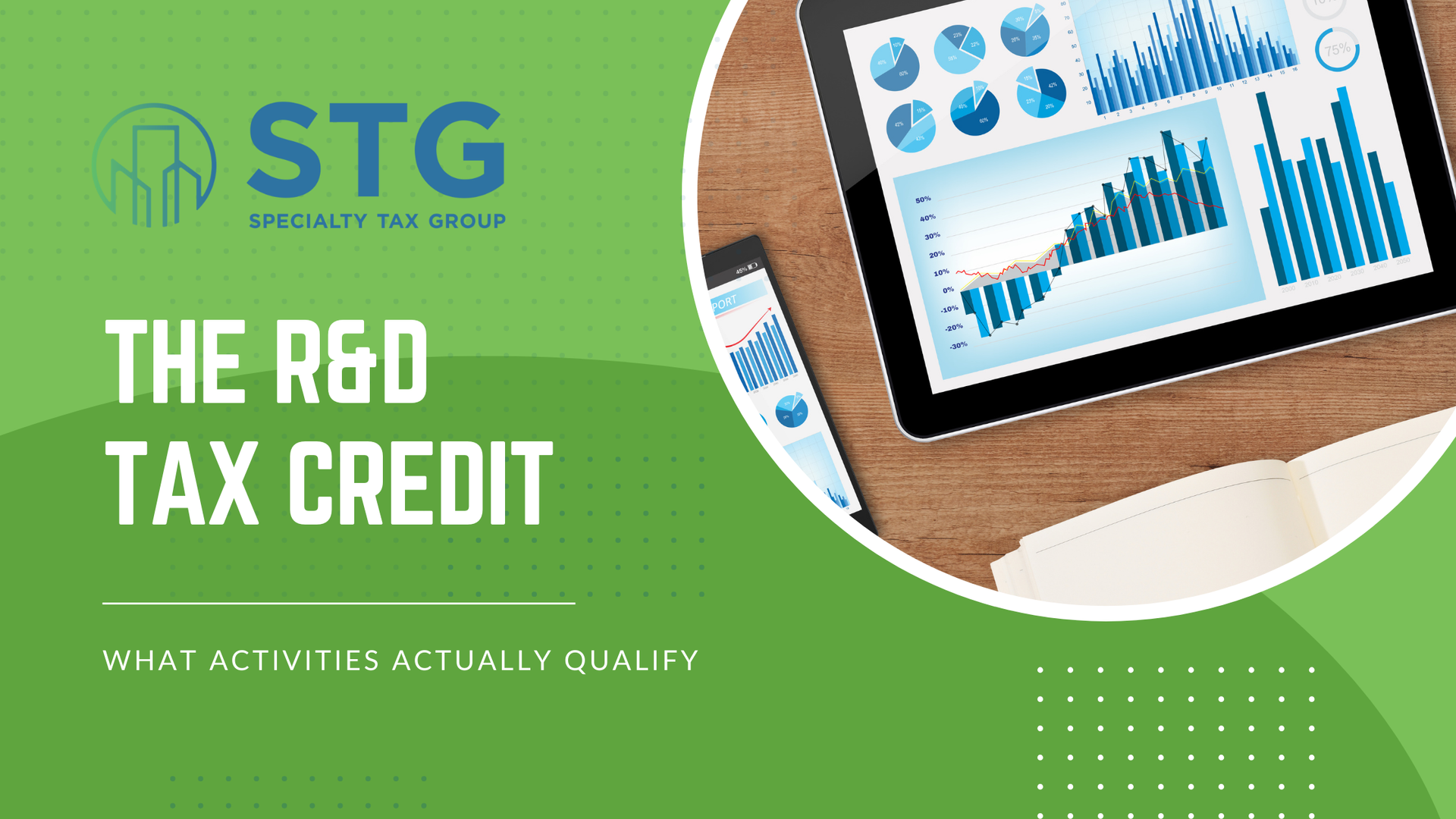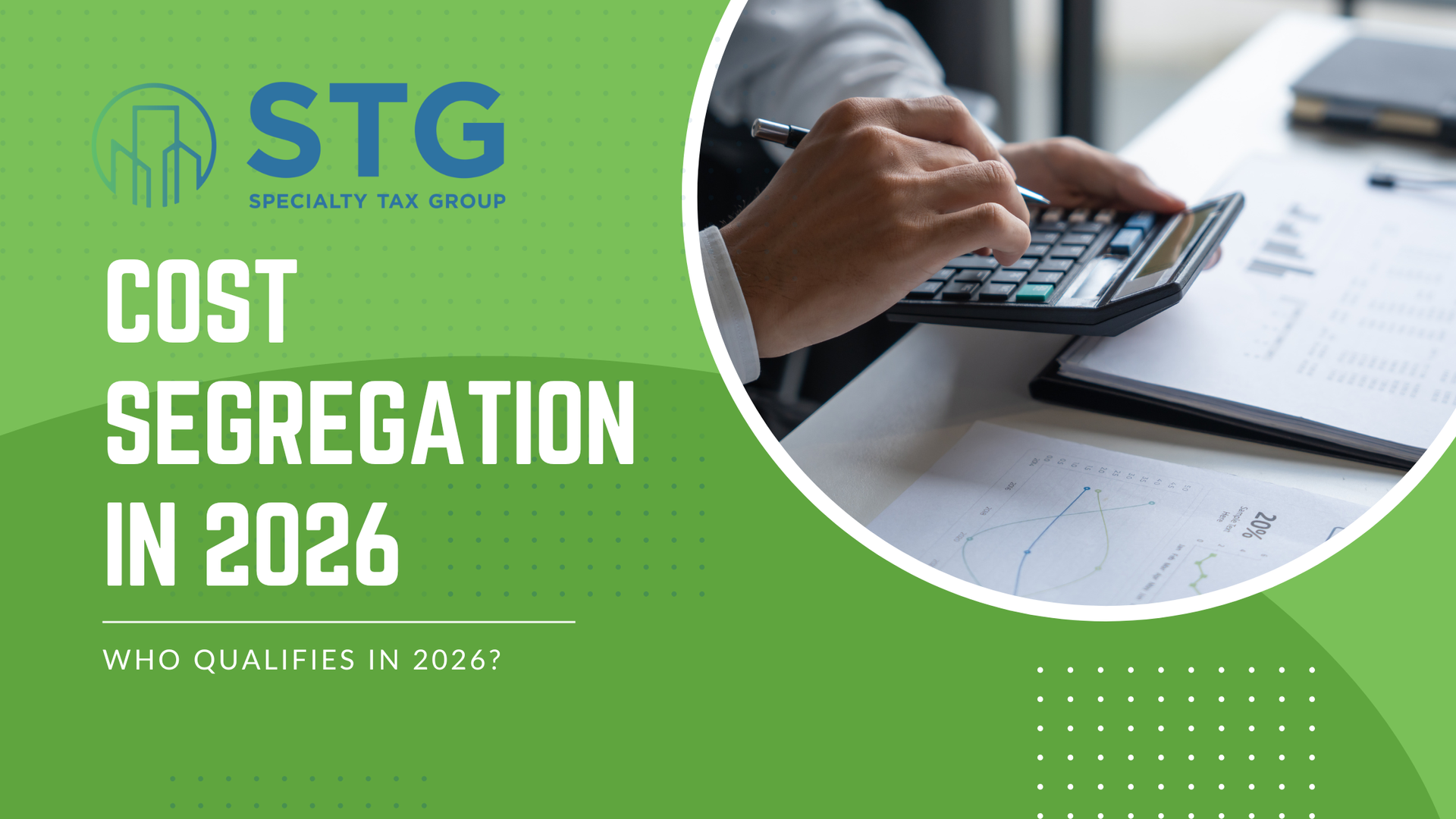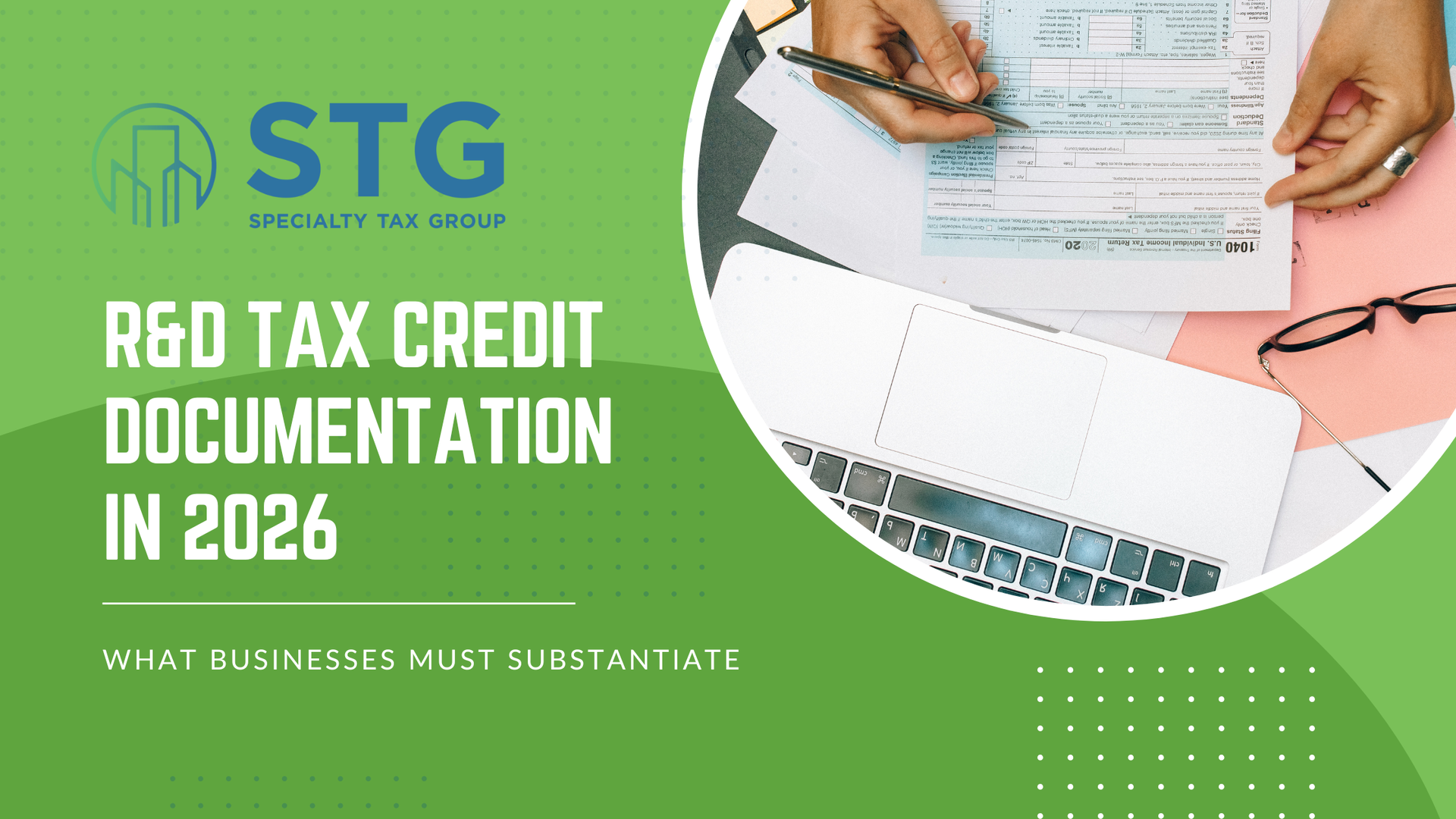This blog post has been researched, edited, and approved by John Hanning and Brian Wages. Join our newsletter below.

What Are Credit Incentives?
Every year when it's time to pay taxes, people and companies have to figure out how much they owe. With some help from credits and incentives, your tax bill does not have to be as big of a burden when April comes around. For businesses, there are tax credits for certain things the state wants to encourage companies to do. When used wisely, these credits let businesses put money back into the company. This helps them make more money and helps the economy. Tax credits are ways for the state to get companies to do helpful things. When businesses use the credits smartly, they can spend less on taxes and use that money to grow the business instead.
What are Tax Incentive Credits?
Tax incentives, commonly referred to as tax credits, were developed to help reduce the amount of money owed to the government while also benefiting the economy. There are many different types of credits available from the government that can be applied to individuals, small businesses, and large businesses, each with its own eligibility and criteria to meet. With businesses, tax credits are used to subtract the money owed to the government as opposed to a tax deduction traditionally used to reduce taxable income.
One key tax credit that was recently renewed and improved is the Federal Investment Tax Credit for Clean Energy Property. This credit now offers 6%-50% credits on investments in energy storage technologies, microgrid controllers, fuel cells, geothermal, combined heat & power, microturbines, municipal solid waste, solar, and wind technologies. The wide range of credit percentages available makes this an attractive option for businesses looking to invest in renewable energy and efficiency.
Tax credits can come in a lot of forms, but the most common type of tax credit is used to help encourage a specific action from a business. For example, some of the tax credits are used to encourage hiring employees with disadvantages and struggle to gain employment, open locations in certain parts of a state, investments in research and development, building upgrades to be more energy efficient, and more.
How Tax Credits Work
Tax credits are programs that are created by laws and passed by both federal and state legislatures. Business credits provide value in reducing the tax burden for the filing year, and many offer flexibility with the ability to apply them to future and past tax returns. Businesses can apply credits to previous tax returns if they manage to exceed the reduction in the amount owed to the government or carry them over to the next year's tax return.
Unlike tax deductions which are subtracted from the company's income before the tax bill is calculated, tax credits are subtracted from the total amount of tax owed. Tax credits are claimed when a business files a tax return. Many credits require paperwork to be filed supporting the claims that a tax credit term complies with state guidelines. Some states may choose to enforce credits through audits.
There are hundreds of tax credits available to businesses that governments use to boost the economy in a number of ways. Understanding and applying for tax credits, no matter the size of your business, are a powerful way to reduce your business's tax burdens.
Working
Specialty Tax Group
can help set you up for success in strategizing your business plan to make the most out of the tax credits available.
Contact our team of experts to learn more today.





